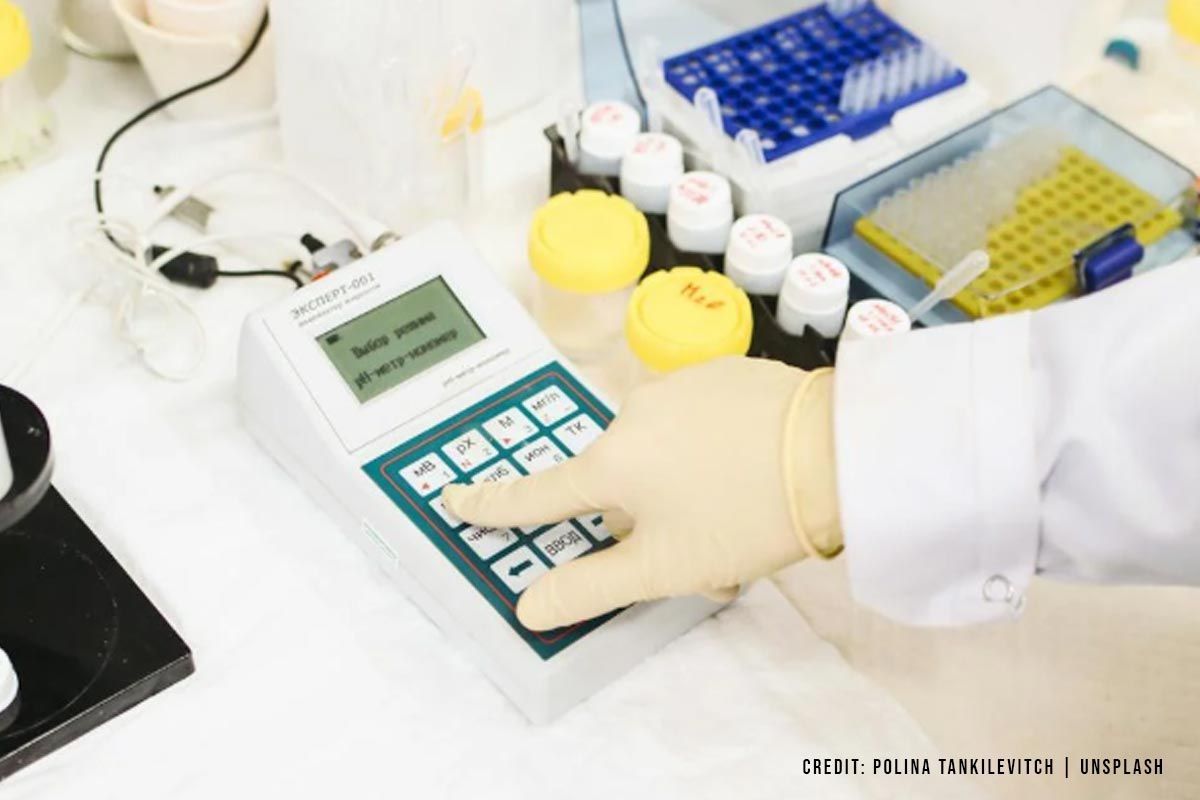There’s more to the role of the modern pharmacist than the traditional (and critical) task of dispensing and compounding medication. Today’s pharmacists are increasingly integral members of the healthcare team, offering an expanding array of clinical services. This evolution, while enhancing patient care and access, has concurrently introduced a host of complex legal and ethical considerations that extend far beyond the prescription pad (for which
it may become necessary to consult legal counsel to know exactly where you stand). For medical practitioners, understanding this intricate legal landscape is crucial for fostering effective collaboration and ensuring seamless, high-quality patient care. This article enumerates the key legal issues shaping contemporary pharmacy practice and policy in Canada.
1. The Expanding Scope of Practice: Navigating New Authorities and Liabilities
Across Canada, provincial and territorial governments have progressively expanded the scope of practice for pharmacists. This expansion now commonly includes the authority to administer injections and vaccines, prescribe for minor ailments, adapt and renew prescriptions, and order and interpret laboratory tests. While these changes are designed to improve healthcare accessibility and efficiency, they place pharmacists in a new legal territory.
With enhanced authority comes increased accountability. Pharmacists are now held to a higher standard of care commensurate with their expanded roles. The legal principle of the "reasonably prudent pharmacist" is continuously being redefined. Where a pharmacist once had a primary duty to ensure the accuracy of a dispensed prescription, they now bear a greater responsibility for the appropriateness of therapy itself. This includes assessing patients, making diagnostic decisions for minor ailments, and monitoring the outcomes of their interventions. Consequently, the potential for professional liability has broadened, necessitating a comprehensive understanding of the specific regulations and standards of practice governing these new activities in their respective jurisdictions.
2. The Intricacies of Compounding: Quality, Safety, and Regulatory Oversight
Compounding (also known as the art and science of preparing personalized medications) remains a cornerstone of pharmacy practice. However, the legal and regulatory framework governing compounding has become increasingly stringent. This is a direct response to the need to ensure the quality, safety, and efficacy of compounded sterile and non-sterile preparations.
Provincial regulatory authorities, guided by standards from the National Association of Pharmacy Regulatory Authorities (NAPRA), have implemented detailed requirements for compounding facilities, personnel training, quality assurance, and documentation. These standards are designed to mitigate risks such as contamination, incorrect dosing, and instability of preparations. Pharmacists who engage in compounding must navigate a complex web of regulations that dictate everything from the sourcing of active pharmaceutical ingredients to the specific environmental controls required for their preparation. Failure to adhere to these rigorous standards can result in significant legal and professional consequences, including disciplinary action and civil liability.
3. The Rise of Telepharmacy and Digital Health: Redefining the Practitioner-Patient Relationship
The digital revolution has not bypassed the pharmacy sector; Google can now
provide information pertaining to disciplinary hearings, to give one example of how patients may find new avenues to interact with their medical providers. Telepharmacy—the provision of pharmaceutical care from a distance through telecommunications—is becoming increasingly prevalent, particularly in rural and remote areas. This model offers significant benefits in terms of access to care but also raises unique legal questions.
Chief among these are issues of patient confidentiality and data security in a digital environment. Pharmacists must ensure that the platforms they use for telepharmacy are secure and compliant with federal and provincial privacy legislation, such as the
Personal Information Protection and Electronic Documents Act (PIPEDA) and
Personal Health Information Protection Act, (PHIPA), where applicable. Furthermore, the legal and ethical requirements for establishing a valid practitioner-patient relationship in a virtual setting must be carefully considered. This includes verifying patient identity, ensuring informed consent, and maintaining the same standard of care as would be provided in a traditional in-person consultation. The cross-jurisdictional nature of telepharmacy can also create legal complexities, as pharmacists must be mindful of the regulations in both their own province and the province where the patient resides, and any limitations on servicing out-of-jurisdiction patients.
4. The Pharmacist's Role in Public Health Initiatives: MAID and Naloxone Distribution
Pharmacists are on the front lines of key public health initiatives, including Medical Assistance in Dying (MAID) and the distribution of naloxone kits to combat the opioid crisis. Their involvement in these sensitive areas is governed by specific legal and ethical frameworks.
In the context of MAID, pharmacists have a professional and legal responsibility to dispense the necessary medications accurately and compassionately, while adhering to the strict procedural safeguards outlined in federal legislation and provincial regulations. This includes verifying the eligibility of the individual and the validity of the prescription. The ethical considerations are profound, and pharmacists have a right to conscientious objection, though they must do so in a manner that does not impede a patient's access to care or contravene human rights legislation.
Similarly, the widespread distribution of naloxone kits through pharmacies is a critical harm reduction strategy. Pharmacists must be knowledgeable about the legal framework that permits them to dispense naloxone without a prescription. They also have a professional responsibility to provide appropriate education to individuals receiving the kits on how to recognize an opioid overdose and administer the medication effectively.
5. Navigating the Opioid Crisis: A Shared Responsibility and Legal Duty
In 2024, the Public Health Agency of Canada recorded
7146 deaths apparently related to opioid toxicity. The ongoing opioid crisis has placed immense pressure on all healthcare practitioners, and pharmacists are no exception. In particular, they have a crucial role to play in promoting the safe and appropriate use of opioids and in identifying and supporting individuals with opioid use disorder. As such, this role is not without its legal and ethical challenges.
Pharmacists have a legal and professional obligation to assess the appropriateness of every opioid prescription they dispense. This may involve questioning the dose, duration, or indication, and communicating with the prescriber to resolve any concerns. They are also expected to be vigilant for signs of prescription forgery or diversion. Provincial prescription monitoring programs are valuable tools in this regard, but they also create legal obligations for pharmacists to report and, in some cases, to refuse to dispense if they have reasonable grounds to believe a prescription is not legitimate. The potential for liability in the event of an adverse outcome related to opioid therapy is a significant concern for pharmacists, underscoring the importance of meticulous documentation and adherence to professional guidelines.
6. The Evolving Landscape of Cannabis: Medical and Recreational Considerations
The legalization of recreational cannabis in Canada has not simplified the role of the pharmacist in relation to this substance. While the Canadian Pharmacists Association has advocated for pharmacists to be the sole dispensers of medical cannabis to ensure patient safety, the current federal framework does not permit this.
Despite this, pharmacists are frequently approached by patients for advice on the
use of cannabis for medical purposes. This places pharmacists in a challenging position. They have a professional responsibility to provide evidence-based information and to counsel patients on potential drug interactions and contraindications. However, they must do so without endorsing or appearing to prescribe a product that they cannot legally dispense. As the body of evidence for the therapeutic use of cannabinoids grows, the legal and ethical framework governing the pharmacist's role in this area will undoubtedly continue to evolve.
7. Drug Shortages: Ethical and Legal Obligations in Times of Scarcity
Drug shortages have become an increasingly common and disruptive feature of the Canadian healthcare landscape. For pharmacists, navigating these shortages involves a complex interplay of legal, ethical, and professional obligations. When a prescribed medication is unavailable, pharmacists must work collaboratively with other healthcare practitioners and the patient to find a suitable therapeutic alternative.
This process requires careful consideration of the patient's clinical needs, the available evidence for alternative treatments, and any cost implications. Pharmacists must also adhere to provincial guidelines for documenting and reporting drug shortages. The allocation of scarce medications can also raise difficult ethical questions, requiring pharmacists to make fair and equitable decisions in the best interests of their patients.
8. Privacy and Data Security: The Enduring Imperative
In an era of electronic health records and digital communication, the protection of personal health information is a paramount legal and ethical duty for all healthcare providers. For pharmacists, who handle a vast amount of sensitive patient data, the obligations are particularly stringent.
Pharmacists must comply with a complex framework of federal and provincial privacy legislation that governs the collection, use, disclosure, and safeguarding of personal health information. This includes implementing robust physical, administrative, and technical safeguards to prevent unauthorized access to or disclosure of patient records. The consequences of a privacy breach can be severe, including professional misconduct findings, significant fines, and civil litigation. As such, a deep understanding of and unwavering commitment to privacy principles is a non-negotiable aspect of modern pharmacy practice.







